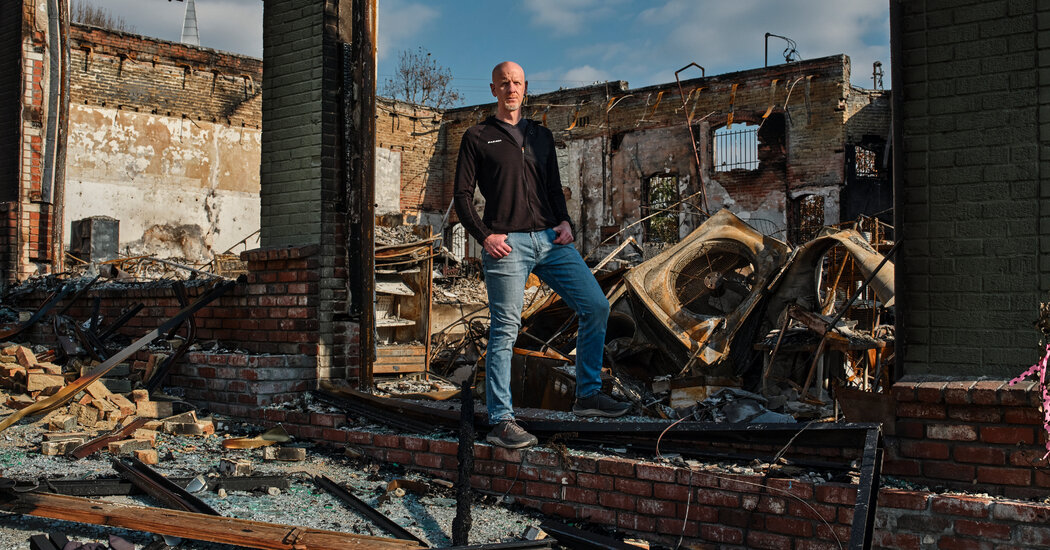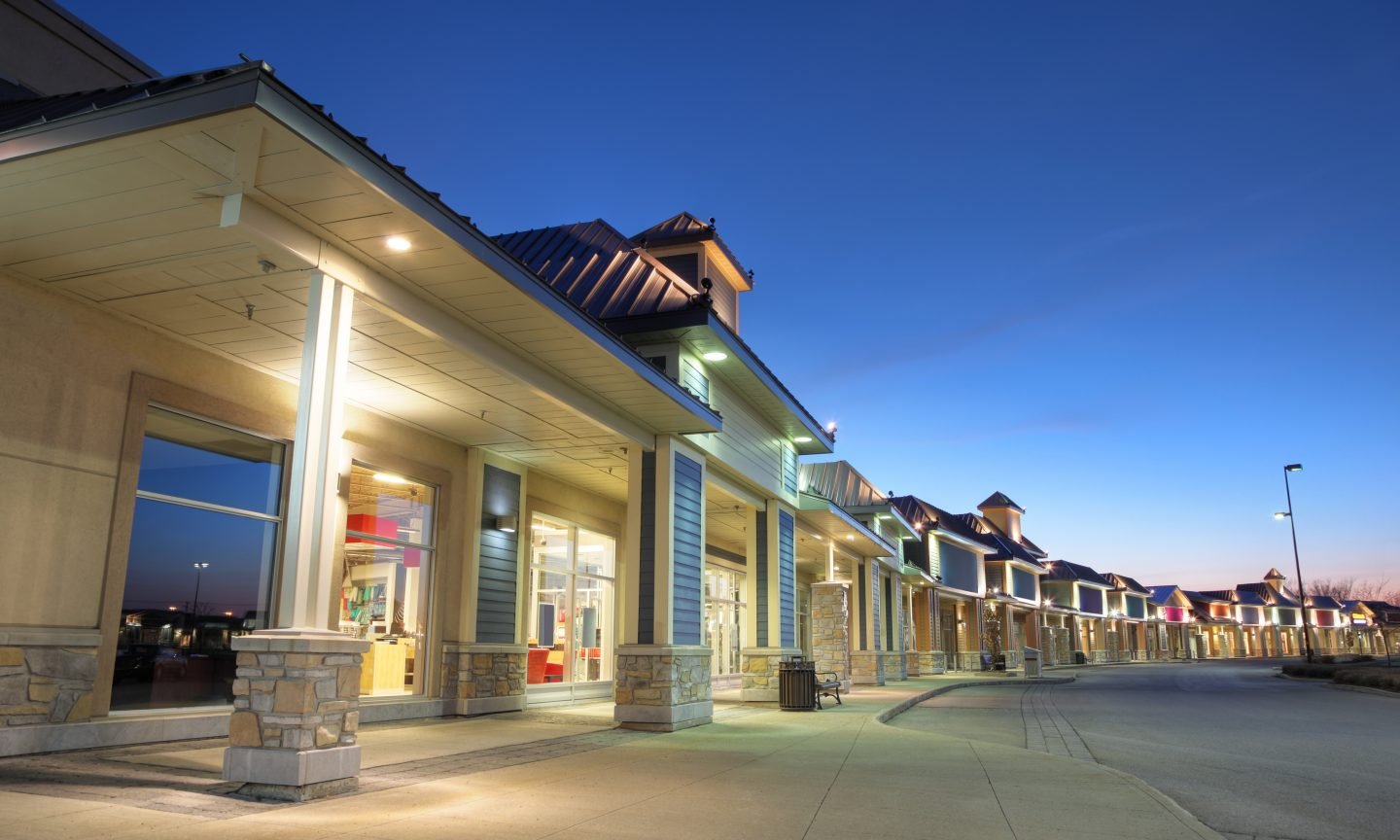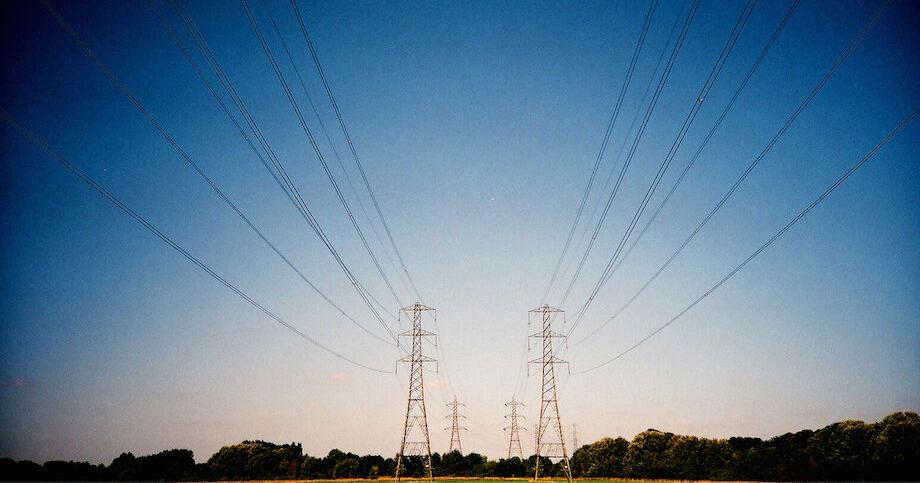
Donations on the crowdfunding site to people and fire relief efforts have exceeded those for all natural disasters worldwide last year.
As the chief executive of the crowdfunding site GoFundMe, Tim Cadogan is no stranger to disasters. But until the Eaton fire forced him to evacuate his own home in Altadena, Calif., last month, a crisis had never landed on his actual doorstep.
He was in his home office, wrapping up work on the evening of Jan. 7, when he heard the thump of helicopters. He drew back the curtain and was greeted by a terrifying line of orange fire marching down the hillsides above his house. Moments later, Mr. Cadogan and his family evacuated.
Although their home was not burned, they cannot return there for months, if not longer. That left Mr. Cadogan scrambling to file insurance claims and find a new place for his family to live, all while managing one of the biggest surges in donations ever made through his company’s platform.
“I had a mission, which is help people help each other,” Mr. Cadogan, 54, said about his company. “I felt like it was really deep in my core. But like, now it’s like in the bones, you know?”
Since the fires broke out, people have donated more than $250 million to victims of the Los Angeles fires as well as to charities working on relief efforts through GoFundMe — $20 million more than the company helped collect for all natural disasters worldwide last year, according to the company. More than a million donors in 160 countries have contributed to that total.
Those donations, impressive as they are, cannot begin to cover the formidable costs of rebuilding Altadena, the Pacific Palisades and other areas devastated by the fires. That task, conservatively estimated in the tens of billions of dollars, will instead fall largely on insurers, private developers and the government. And crowdfunding efforts have been the subject of frequent criticism, in part because their free-market approach tends to reward those with wealthier networks of friends and family.



